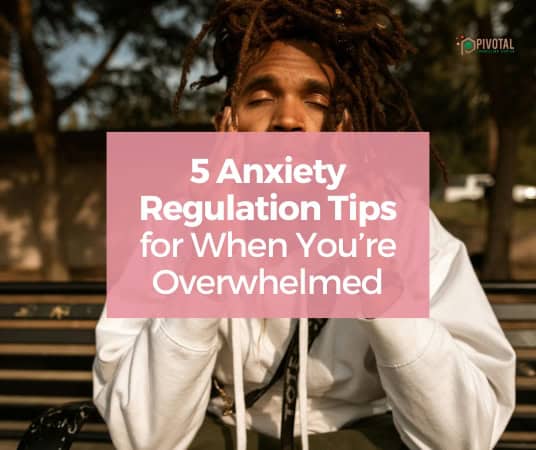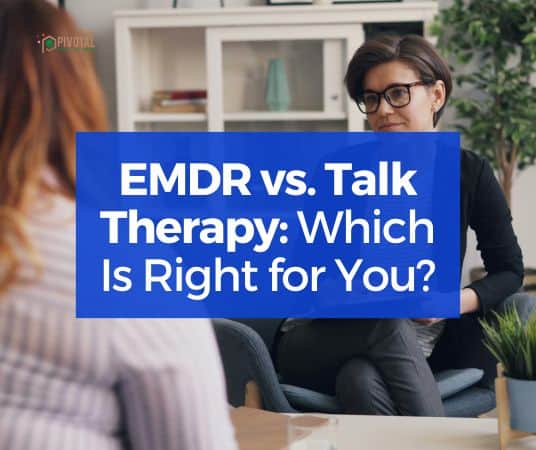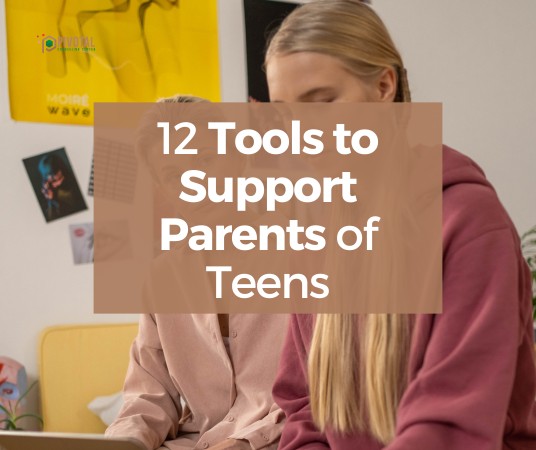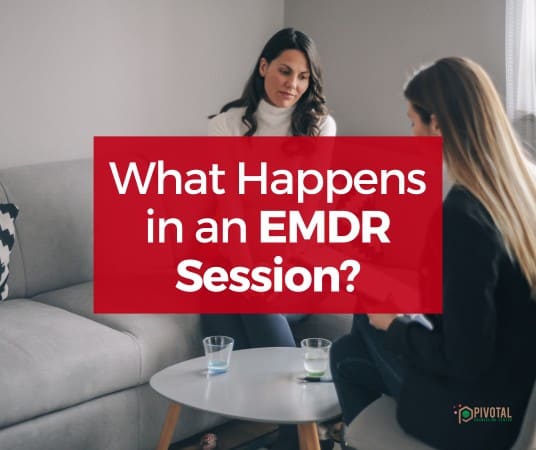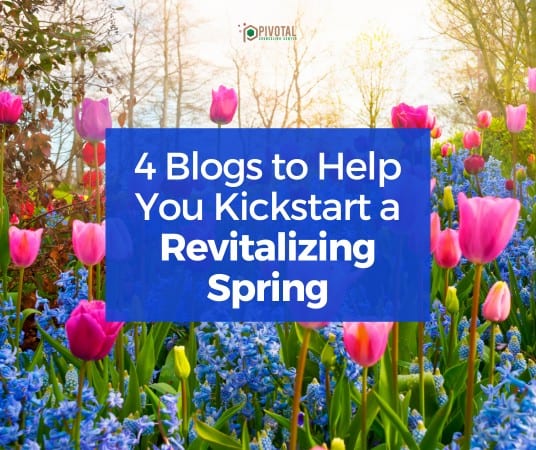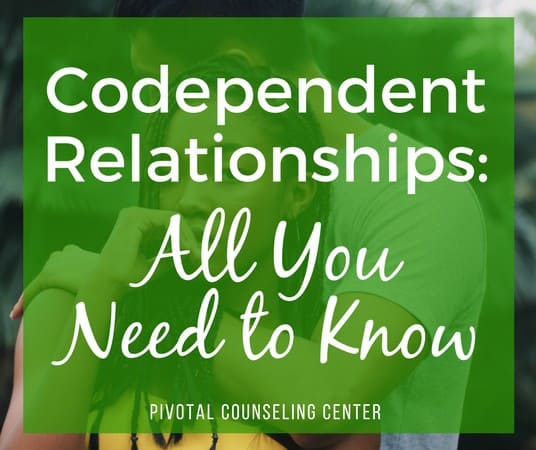
Being in a healthy relationship should be simple, but quite often it is very far from that. The modern world brings modern problems, which can include feeling addicted to a relationship aka a codependent relationship.
You might be thinking, “Relationship addiction…that’s a thing?” Yes, and it’s called codependency. There’s a lot to know about this kind of relationship in order to spot it, detach from it, and deal with it in your own life.
What is it?
A codependent relationship is a connection within a couple that is unhealthy. On TV it is often dramatized and made fun of (like a lot of things) as an overly attached girl/boyfriend, which is part of the truth. In a codependent relationship, there is a healthy partner that is strong and reliable, and the other person is addicted to being in a relationship. The dependent partner seeks someone who will take care of their every need, as unrealistic as it may be. e Both partners may be aware that it is a codependent relationship, or only one may be.
What are the signs of it?
There are quite a few common signs that you are in a codependent relationship, some of which you may already recognize:
- One partner asking for the moon and stars: When one person expects the other to drop everything and take care of their every whim, regardless of what that other person is already doing, it’s a sign of an unhealthy relationship. One partner has to do all of the heavy lifting, and the other one simply keeps asking for more. When the time comes for the tables to turn, the dependent partner is unable to support their partner, meaning that the “stronger” partner is left to take care of their own problems on top of their partner’s.
- Not able to be alone: Another symptom is someone who stays in a codependent relationship knowing what it is (even if it’s just suspecting it) and ignoring it. People stay in these unhealthy relationships because they are unable to face the thought or reality of being alone. Staying in an abusive or unhealthy relationship seems better than the alternative, and they want to be in a relationship where they are loved, needed, and wanted.
- Lack of self-confidence: Perhaps not surprisingly, those in codependent relationships have a lack of self-esteem and self-confidence. This can make them crave relationships where they are seen as the idol. These relationships make them feel important and wanted, which makes them feel like they’re worthwhile to themselves.
- Needing all the attention: The dependent person in the relationship is not able to handle the topic of focus being on their partner. That is, as mentioned, when the other partner in the relationship needs to talk about something or needs advice, it’s seen as an inconvenience and annoying. They’ll want to be the center of attention all of the time, like a jealous pet when a new baby arrives.
What does it mean?
So, what does this all mean? If this sounds like a relationship that you are in, or that someone you love is in, it means that it’s unhealthy. While it may seem loving and comfortable right now, a relationship like this is not sustainable and will only end in tears and frustration for both people in the end. It’a sign that a relationship should be ended sooner rather than later so that both partners can find help, and eventually find a future relationship that is healthy and fulfilling for both of them.
What to do about it?
As mentioned, getting out of the relationship is an option if you are looking to cut ties and move on with your life. If you feel as though the relationship is important and you want to keep it going (which is not a bad idea, by any means) counseling for both partners is critical to helping both people recognize, understand, and deal with the problems and unhealthy behaviors that are present in the relationship. From there, treatment and a bright future are possible with the proper dedication.
Pivotal Counseling Center has therapists who work with couples and specialize in couples counseling and relationship issues. We have locations in Woodstock, Illinois, and Lake in the Hills, Illinois. If you are in need of someone to help, please consider giving us a call at (815) 345-3400.
Pivotal Counseling Center is now accepting Medicaid including Blue Cross Community Medicaid, Meridian Medicaid, and Molina Medicaid for outpatient counseling.

